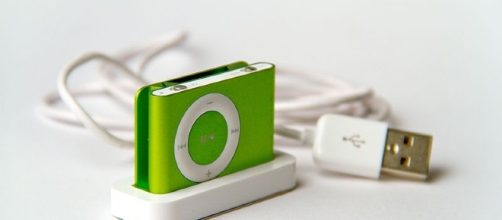Apple recently announced that it would be discontinuing the iPod Shuffles and Ipod Nano. These devices will no longer be available on Apple’s website. "Today, we are simplifying our iPod lineup", the Cupertino-based company stated in an email sent out to investors.
Popular from the start
Apple has a lot of exciting new products in the works, from the iPhone 8 to original video content. These ideas hearken back to when Apple’s iPod Shuffle and Nano were debuted in 2005. It's then leader, Steve Jobs announced the devices as smaller, cheaper alternatives to the already popular iPod.
The screenless iPod nano was popular among runners as it was small and lightweight and could be used without much difficulty. It was lauded as a device that could fit a “thousand songs in your pocket”.
Rise of the smartphone
The release of Apple’s iPhone and all subsequent models highlighted the writing on the wall for the iPod nano and its other single use partner. iPhones were able to take photos, make calls, and access the internet. They also came with an iPod app that essentially encapsulated the entire function of the iPod nano and shuffles. Even the regular iPod, the final standing none cellular device was more useful to users.
The company's sales of iPods peaked in its fiscal year 2008 when the devices generated revenue of $9.2 billion.
The then-nascent iPhone accounted for $1.8 billion in revenue that same year. The sales of iPods have become so small relatively that Apple no longer bothers to release details regarding their sales.
Rise of streaming
The final nail in the coffin for the iPod devices was streaming music. By their nature, iPods, could not stream music as they were not connected to the internet. Rather, one would have to use the iTunes app on their computers to download their music that had either been purchased from the iTunes store or burned from CDs. Streaming music service such as Spotify are making such methods nearly obsolete.
Users are now available to access libraries of millions of songs without having to pay for each individual song.
With the purchase of Beats by Dre, Apple signaled its recognition of the popularity of streaming music services. It soon launched Apple Music, a streaming service that would rival Spotify, Pandora, Soundcloud, and others in its popularity, functionality, and extensive libraries. Carolina Milanesi, a consumer tech analyst with Creative Strategies, puts it, it “makes sense: no place for iPod Nano & Shuffle when music means Apple Music.”


